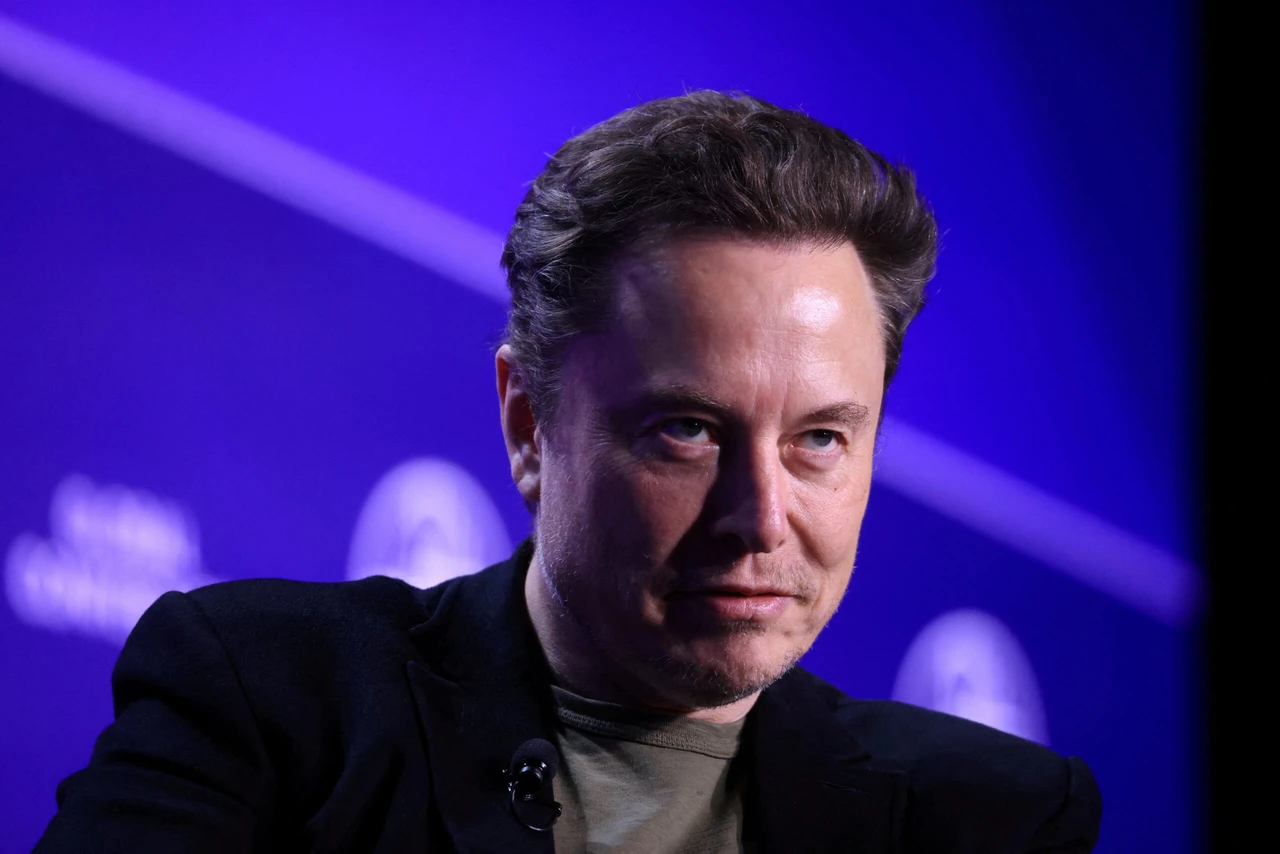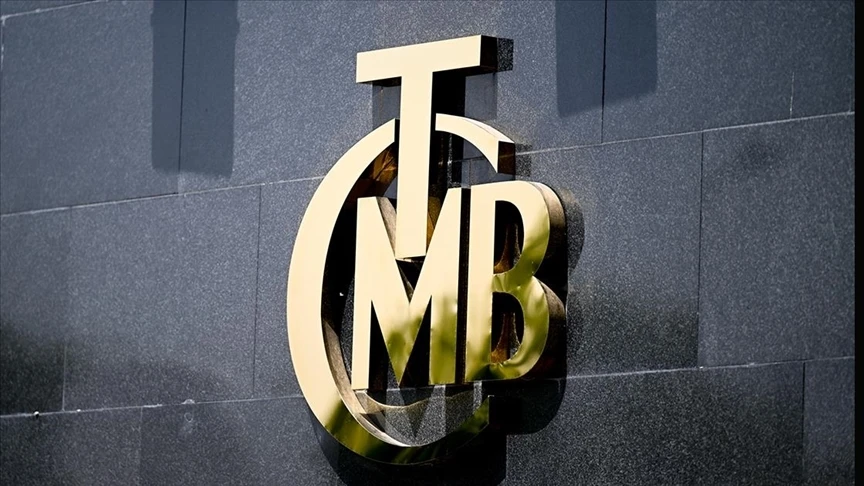Musk’s potential role in Trump’s second administration
 Elon Musk, Chief Executive Officer of SpaceX and Tesla and owner of X looks on during the Milken Conference 2024 Global Conference Sessions at The Beverly Hilton in Beverly Hills, California, U.S., May 6, 2024. (Reuters Photo)
Elon Musk, Chief Executive Officer of SpaceX and Tesla and owner of X looks on during the Milken Conference 2024 Global Conference Sessions at The Beverly Hilton in Beverly Hills, California, U.S., May 6, 2024. (Reuters Photo)
Recent reports suggest that Elon Musk, CEO of Tesla and SpaceX, might assume an advisory role in a potential second Trump administration in a significant development that could reshape the relationship between Silicon Valley and Washington.
This unprecedented move raises important questions about the influence of tech leaders on national policy and the potential implications for governance and industry.
According to the Wall Street Journal, Musk and Trump have frequently communicated, discussing various policy issues including immigration, technology and space exploration.
While the exact nature of Musk’s potential role remains undefined, it appears to be modeled after previous informal advisory positions held by business leaders in past administrations.
Historical precedents offer insights into the potential impact of such an arrangement. During the Trump administration, for instance, tech leaders like Apple’s Tim Cook and Microsoft’s Satya Nadella served on business advisory councils, providing input on economic policies.
However, these roles were often ceremonial and limited in scope. Musk’s potential position seems more expansive, reminiscent of the influence wielded by figures like Bernard Baruch, who advised several presidents in the early 20th century on economic matters.
One area where Musk’s influence could be particularly significant is space policy. As the founder of SpaceX, Musk has revolutionized the space industry through innovations like reusable rockets.
His insights could shape NASA’s priorities and accelerate public-private partnerships in space exploration. This wouldn’t be without precedent; during the 1960s, aerospace executives like Wernher von Braun played crucial roles in shaping America’s space program.
However, Musk’s potential advisory role raises serious concerns about conflicts of interest. Tesla, SpaceX, and his other ventures have significant government contracts and are affected by federal policies.
For instance, Tesla has benefited from electric vehicle tax credits, while SpaceX relies heavily on NASA and Defense Department contracts. The last time a business leader with such extensive government dealings held a senior advisory role was perhaps Robert McNamara, who transitioned from president of Ford to Secretary of Defense in 1961.
His tenure was marked by both innovation and controversy.
To address these concerns, robust ethical guidelines would need to be implemented. Past administrations have used mechanisms like blind trusts and recusals to manage potential conflicts. For example, when Nelson Rockefeller became Vice President in 1974, he placed his extensive business holdings in a blind trust to avoid conflicts of interest.
Musk’s potential influence extends beyond his business interests. His recent statements on immigration, particularly his concerns about undocumented immigration, align with Trump’s hardline stance. This could signal a shift in policy that might affect both low-skilled and high-skilled immigration, potentially impacting the tech industry’s access to global talent.
In the realm of energy policy, Musk’s position is more complex. As the CEO of Tesla and a longtime advocate for sustainable energy, his views often diverge from traditional Republican energy policies. This could create an interesting dynamic within the Trump administration, potentially leading to a more nuanced approach to energy and climate issues.
The tech industry’s reaction to Musk’s potential role has been mixed. While some see it as an opportunity for the industry to have a voice in shaping policy, others worry about the concentration of power and the potential for favoritism.
The last time a tech figure had such direct access to the presidency was perhaps during the Clinton administration, when figures like Netscape’s Jim Barksdale advised on internet policy, helping to shape the early days of e-commerce regulation.
Internationally, Musk’s increased political influence could have far-reaching implications. His businesses operate globally, and his statements often move markets and influence diplomacy.
For instance, his tweets about cryptocurrency have affected global financial markets, while his provision of Starlink Internet to Ukraine demonstrated the geopolitical influence of private tech companies.
Elon Musk’s potential advisory role in the Trump administration represents a new frontier in the relationship between tech and government. While it offers the potential for innovative approaches to policy challenges, it also raises significant ethical and practical concerns.
As Musk and Trump move forward, it will be crucial to establish clear boundaries and ethical guidelines to ensure that the public interest remains paramount. The coming months will likely see intense debate over the proper role of tech leaders in government, a discussion that will shape the future of American governance in the digital age.



